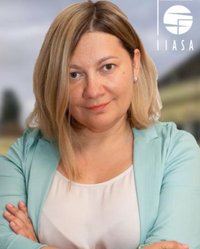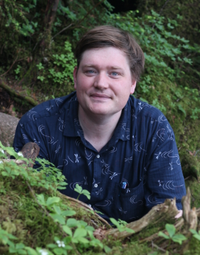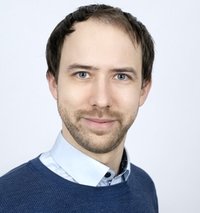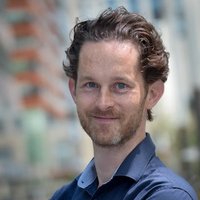Elena Rovenskaya is the IIASA Advancing Systems Analysis (ASA) Program Director. She is also a research scholar at the Optimal Control Department of the Faculty of Computational Mathematics and Cybernetics, Lomonosov Moscow State University, Russia (on-leave). Her scientific interests lie in the fields of optimization, decision science, and mathematical modeling of complex socio-environmental systems.
Dr. Rovenskaya graduated in 2003 from the Faculty of Physics, Lomonosov Moscow State University, Russia. She received her PhD in 2006 at the Faculty of Computational Mathematics and Cybernetics, Lomonosov Moscow State University, Russia. In her PhD dissertation, Dr. Rovenskaya developed a new numerical method for solving a broad class of non-convex optimization problems.
In 2005, Dr. Rovenskaya participated in the IIASA Young Scientists Summer Program (YSSP). She continued to collaborate with the former Dynamic Systems (DYN) Program from 2006 to 2010, and later, from 2011 to 2012 with its successor, the Advanced Systems Analysis (ASA) Program at IIASA. From 2013 to 2020, Dr. Rovenskaya served as ASA Program Director and from 2019 to 2020, she was also appointed in the capacity of Acting IIASA Evolution and Ecology Program Director.
Dr. Rovenskaya was appointed Advancing Systems Analysis (ASA) Program Director from January 2021 as the institute moved to a new program structure. Currently, the new ASA Program includes 85+ scientists and aims to identify, develop, and deploy new systems-analytical methods, tools, and data that address the most pressing global sustainability challenges with greater agility, and help find solutions to those challenges that are both realistic and appropriate.




